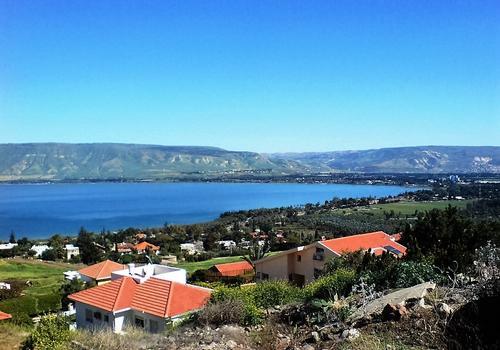The Easter story does not reflect well on the first followers of Christ. Always slow to understand his mission, the disciples variously betrayed him, denied him, went to sleep on him, or abandoned him, at the moment of his greatest need. Jesus himself, of course, was not taken by surprise by these things. He reminded them of Zechariah’s prophecy: ‘I will strike the shepherd, and the sheep shall be scattered’ (Mark 14:27). Jesus Christ was never more lonely than when he faced his greatest trial. It was also to be, however, his greatest triumph.
Loneliness
There is glory in the loneliness of Christ. In Hebrews 1:3 we read, ‘when he had by himself purged our sins, [he] sat down at the right hand of the Majesty on high’ (emphasis added). There was no human contribution; no popular support; no angelic sustenance; Christ worked alone to redeem his undeserving flock. By himself, he became sin to bear their sin. In the darkness, even the Father turned his face away, tearing from the lips of Christ that agonizing cry, ‘My God, my God, why have you forsaken me?’ (Matthew 27:46). Psalm 22, which poses this anguished question, also provides the answer: ‘But you are holy, who inhabit the praises of Israel’ (v. 3). When Christ was ‘made sin’ for his people, that they might be made righteous, the very holiness of God became a wall of separation between the Father and the Son.

Shame
What kind of response does all this demand? Firstly, shame. If Christ, as he suffered in our place, could declare himself ‘a worm and no man’ ( Psalm 22:6), how much more should we consider ourselves nothing in his sight? After all, it was our sin that reduced him to that dire condition. Yet our hearts still nurture the secret arrogance of self-esteem. James brings this tendency to light when he rebukes his readers for their worldliness. ‘You … say, “Today or tomorrow we will go to such and such a city … buy and sell, and make a profit”; whereas you do not know what will happen tomorrow. For what is your life? It is even a vapour that appears for a little time and then vanishes away … you boast in your arrogance (James 4:13-16). As James points out, our error is to forget both God’s nature and our own. We forget that God is the sovereign Lord, and that we are nothing. Like the disciples who abandoned Christ, we also have weak and treacherous hearts. Because we are prone to forget our own sinfulness, we feel free to criticize our fellow believers, speaking evil of them and even oppressing them (James 4:11; 5:4). Let us remember our place before God and before the cross. Let us mourn our sin, and humble ourselves under his mighty hand. If we do so, God himself will exalt us in due season.
Amazement
But our response must also, surely, be one of amazement and gratitude. In spite of everything, Christ died for us! The disciples abandoned Jesus, but he did not abandon them. That God should come in human form to seek the lost is extraordinary in itself. That he should die to save them is beyond our comprehension. Even the angels cannot work it out (1 Peter 1:12). The apostles are overwhelmed by it. ‘Oh the depth of the riches both of the wisdom and knowledge of God! How unsearchable are his judgements and his ways past finding out!’ (Romans 11:33). We too should wonder – and worship.

Action
True worship involves action, a life devoted to the service of Christ. ‘After I have been raised,’ he said, ‘I will go before you to Galilee’ (Mark 14:28). Galilee, of course, was their home and workplace. And it is in such ‘home’ situations that our faith in Christ is most exposed to the scrutiny of others. Jesus goes before us in the spiritual sense that he leads and empowers his children by his Holy Spirit, who dwells in them (Romans 8:11-14). What an enormous transformation there was in the lives of the disciples! From cowards and turncoats, they became warriors, faithful to death. Their doubt and fear were turned to bold certainty, as they proclaimed that Christ had risen from the dead.
Christ has not only risen; he has also ‘sat down at the right hand of the Majesty on high’. From that position of authority and power, he bids us go ‘into all the world and preach the gospel’. Not in our own strength, but in the power of the Holy Spirit sent down from heaven. Our final response must therefore be to obey this command. Easter is not only an opportunity for contemplating the love and majesty of Christ – it is a call to action.








